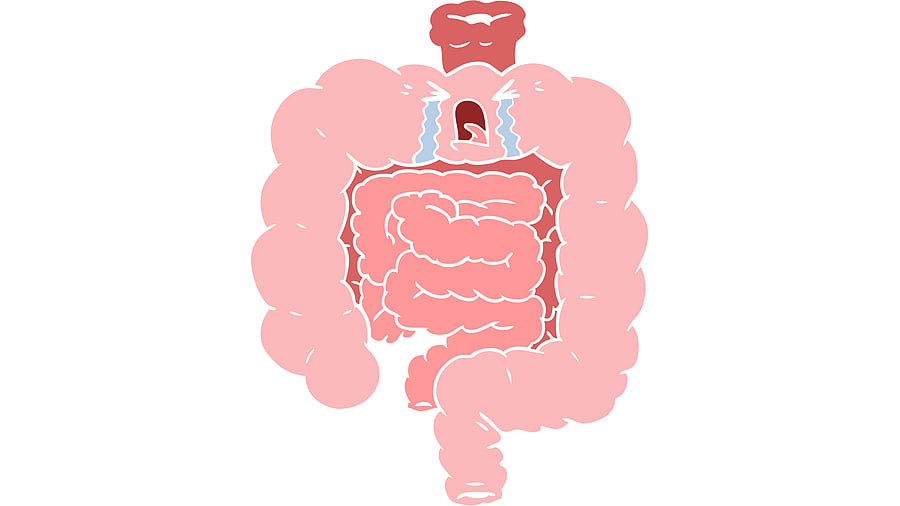
Anorectal disorders are often grouped under the term, 'piles'.
Dr Harshavardhan Rao B
Anal discomfort is a topic that often causes embarrassment, but it is more common than people think. The anus and rectum have structures that contain blood vessels and glands, and precise mechanisms for smooth bowel movements. However, abnormalities which can increase the pressure or friction in this area can result in injury and/or infections. Diseases of the ano-rectum include swollen blood vessels (haemorrhoids/varices), small tears (fissures) and abnormal tracts from infection (fistulae). People often group these conditions together, calling them ‘piles’ and trying quick remedies of doubtful benefit, which can make the condition worse. Misdiagnosis of these conditions can result in ineffective treatment and needless suffering.
Symptoms of anorectal disease
Each condition has its own characteristic signs.
Haemorrhoids/piles: Piles are swollen vascular tufts in the anal canal. They can cause pain, worsen constipation and also cause bleeding in the stools. There can be irritation, itching and swelling around the anus. External haemorrhoids develop under the skin near the anus and can be very painful when complicated by a blood clot. Patients typically mention bleeding drops that they notice after the passage of stools with/without pain in the perianal area.
Anal fissures: Anal fissures are small tears in the lining of the anus causing sharp pain and minor bleeding during and after stool passes. Patients experience pricking type of pain while the stool is passed and can notice some blood mixed with the stool. Severe pain can even result in patients avoiding passing stools, exacerbate the problem.
Fistula: Fistulae are abnormal tunnels that form between the anal canal and the skin nearby. They start with an infection or abscess and turn into passage that keeps draining pus or fluid. This is different from the bleeding seen with piles and fissures. Fistulae can also be seen with serious disorders like Crohn’s disease or tuberculosis and needs further evaluation.
Causes
Although the three conditions impact the same area, the cause can be multifactorial. Constipation and straining are the most common association, because the pressure either damages the vascular tufts or tears the anal lining.
Fissures may also occur due to chronic diarrhoea, childbirth trauma, or anal injury. Fistulae are almost always the result of infections. An anal gland infection that turns into an abscess may fail to heal properly and form a tunnel, creating a permanent fistula.
Treatment
Piles may be controlled with lifestyle changes, including high-fiber diet in meals, increased fluid intake and avoiding straining. In case of bleeding or blood clots, minor procedures such as band ligation, injection treatment or surgery in severe cases may be needed. Fissures do well with conservative management. Medicated creams and stool softeners generally permit the tear to heal, but chronic fissures that won’t improve would eventually need surgery. Fistulae, however, are rarely amenable to conservative measures. Because they result from persistent infections and form abnormal tracts, surgery is almost always the definitive treatment. Treatment depends on the type of fistula, underlying conditions, persistence of infection and general condition of the patient.
When to consult a doctor?
Consult a doctor when you feel rectal pain, mucus in the stools or pus-like discharge near the anal area are persistent for more than a couple of days. Bleeding in the stools can be the first sign of serious internal disorders like inflammatory bowel disease or even cancer. Self-diagnosis and self-treatment may worsen the condition while early diagnosis by specialists and effective treatment matter.
(The author is HoD and consultant, Department of Medical Gastroenterology at a Bengaluru hospital.)
